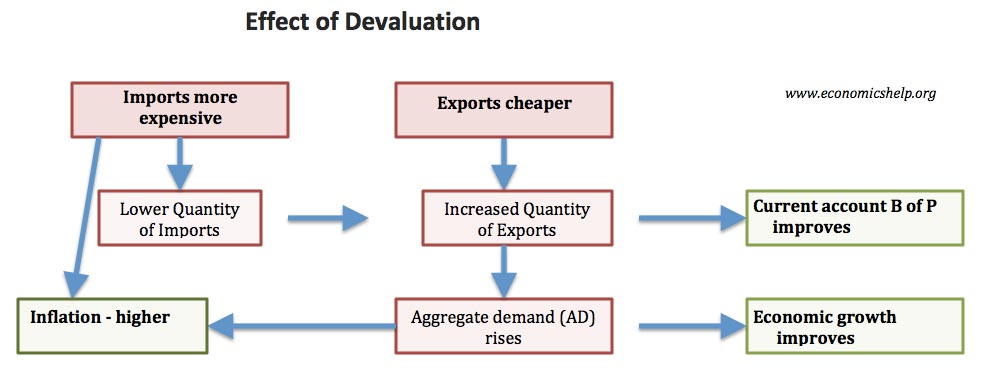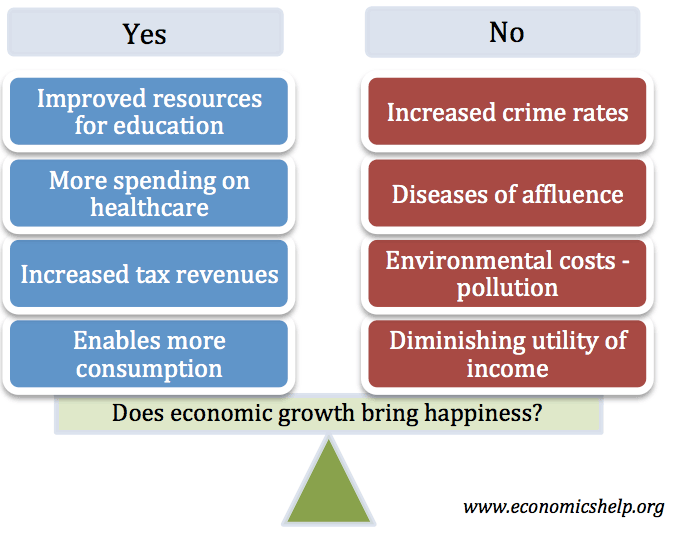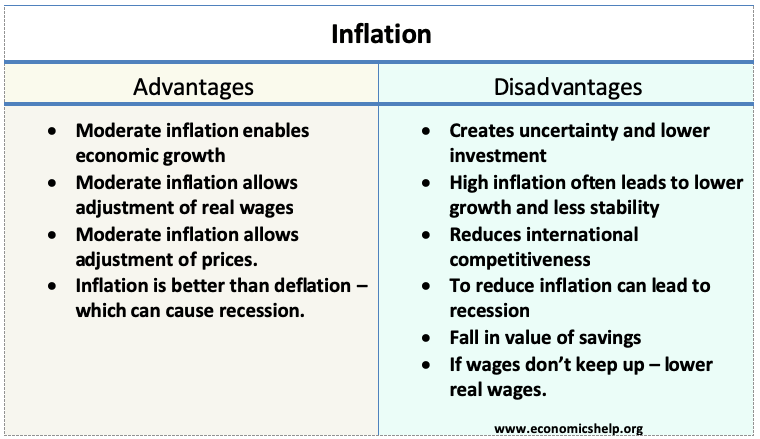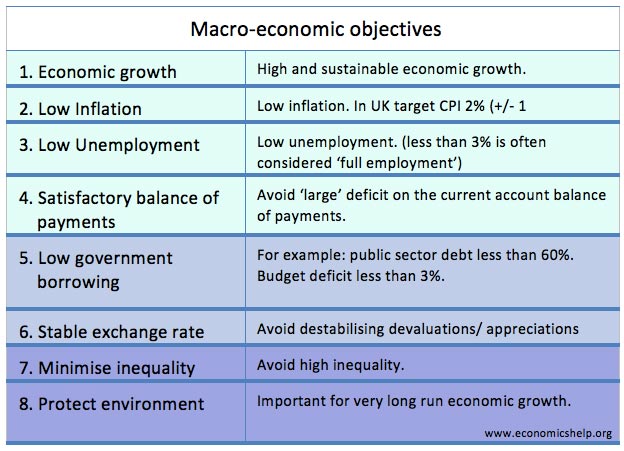What happens in a recession?
A recession is a period of negative economic growth. In a recession, we see falling real GDP, falling average incomes and rising unemployment. This graph shows US economic growth 2001-2016. The period 2008-09 shows the deep recession, where real GDP fell sharply. Other things we are likely to see in a recession 1. Unemployment The …




